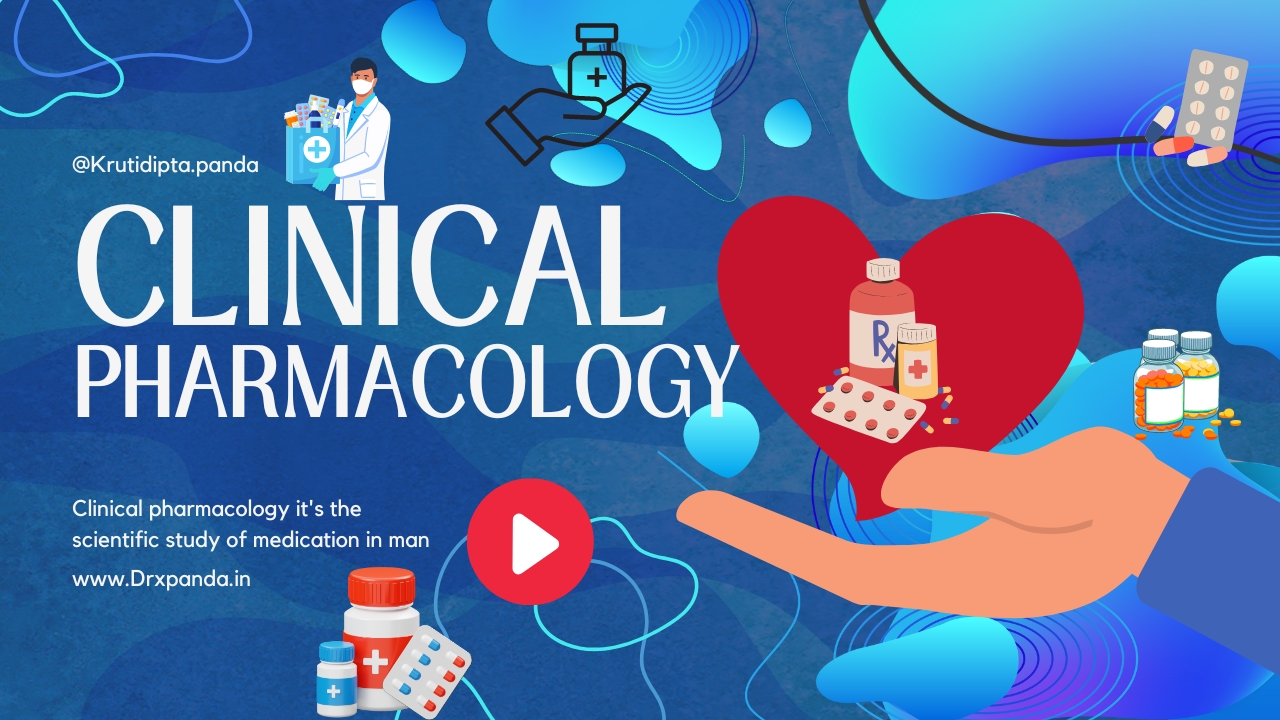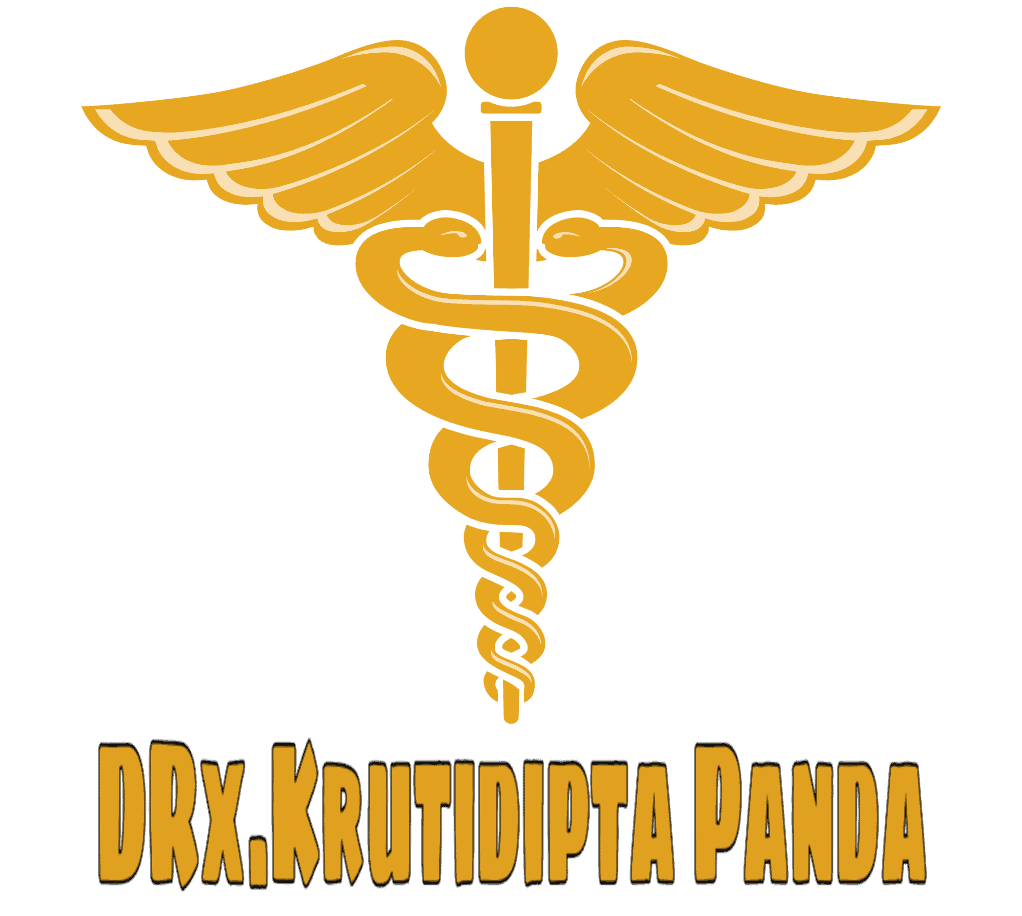Clinical pharmacology it’s the scientific study of medication in man. It includes pharmacodynamic and pharmacokinetic investigation in healthy volunteers and in patients; evaluation of efficacy and safety of medicine and comparative trials with other styles of treatment; surveillance of patterns of drug use, adverse effects, etc.
The aim of clinical pharmacology is to come up with data for the optimum use of medicine and, therefore, the practice of evidence-based medicine.Pharmacology in clinical practice It is the scientific investigation of pharmaceuticals in humans. The aim of clinical pharmacology is to generate data for the optimum use of drugs and the practice of evidence-based medicine.

Clinical Pharmacology: The Backbone of Modern Medicine
Introduction to Clinical Pharmacology
Ever wondered how your doctor knows which medicine will treat your condition? The answer lies in clinical pharmacology, the science that underpins the use of medicines in treating diseases. It’s the bridge that connects the gap between medical science and the patient’s bedside.
The Scope and Importance of Clinical Pharmacology
The study of medications and their effects on living organisms is called “clinical pharmacology,” and it spans several academic disciplines. Medication discovery, medication dosing, drug interaction detection, and disease treatment are all significantly aided by it.
The Role of Clinical Pharmacologists
The work of clinical pharmacologists is usually overlooked, although it is critically important. They test and study medications extensively to learn how they affect the human body. They strive for both maximum therapeutic efficacy and minimal adverse effects for their patients.
Key Concepts in Clinical Pharmacology
Pharmacokinetics
Pharmacokinetics is the study of how the body handles a drug. It involves four main stages: absorption, distribution, metabolism, and excretion.
Absorption
The process through which a medicine enters the bloodstream is referred to as absorption. It is determined by elements such as the drug’s form, administration route, and the patient’s physiological state.
Distribution
Once in the bloodstream, the drug is distributed throughout the body. The extent of distribution can affect the drug’s effectiveness and the duration of its action.
Metabolism
Metabolism is the process through which the medication is broken down by the body. The liver is important in drug metabolism because it converts medicines into chemicals that can be easily removed from the body.
Excretion
Lastly, excretion is the elimination of a substance from the body, typically via the kidneys. The rate of excretion can affect how long a drug’s effects last.
Pharmacodynamics
Pharmacodynamics studies medication effects on the body. It examines medication concentration and therapeutic efficacy.
The Relationship between Clinical Pharmacology and Patient Care
Personalized Medicine
Clinical pharmacology plays a key role in personalized medicine, tailoring drug therapy to an individual’s genetic makeup. This approach allows for more effective and safer treatments.
Drug Interactions and Side Effects
Understanding drug interactions and side effects is another crucial aspect of clinical pharmacology. This knowledge helps prevent adverse reactions and enhances patient safety.
The Future of Clinical Pharmacology
Advancements and Challenges
Clinical pharmacology is a rapidly evolving field, with new advancements presenting both opportunities and challenges. The advent of gene therapy, nanotechnology, and targeted drug delivery systems are revolutionizing the field. However, these advancements also bring new challenges, such as ethical considerations and the need for advanced testing methodologies.
Impact of Technology on Clinical Pharmacology
Technology plays a pivotal role in shaping the future of clinical pharmacology. Artificial Intelligence (AI) and machine learning are being used to predict drug responses and identify potential drug interactions. Meanwhile, digital health technologies are improving patient monitoring and facilitating more accurate dosing decisions.
Conclusion
Clinical pharmacology is fundamentally essential to medical practice. It is the foundation for comprehending how medications function and for optimizing patient outcomes. With technology paving the way for novel approaches to drug discovery and patient care, the future of clinical pharmacology holds promising prospects.
FAQs
What is the main goal of clinical pharmacology?
The main goal of clinical pharmacology is to ensure the safe, effective, and rational use of medicines in patient treatment.
What are some future advancements in clinical pharmacology?
Future advancements include personalized medicine, gene therapy, AI-driven drug discovery, and digital health technologies.
How does clinical pharmacology impact patient care?
Clinical pharmacology impacts patient care by guiding drug choice, dosing, monitoring for side effects, and managing drug interactions.
Why is the study of drug interactions important?
Studying drug interactions helps prevent adverse reactions, enhance patient safety and improve treatment effectiveness.
What’s the difference between pharmacokinetics and pharmacodynamics?
Pharmacokinetics deals with what the body does to the drug, while pharmacodynamics deals with what the drug does to the body.
Clinical pharmacology is the study of
Clinical pharmacology is the study of how drugs are used in clinical practice, including their efficacy, safety, mechanisms of action, pharmacokinetics (absorption, distribution, metabolism, and elimination), pharmacodynamics (interactions with the body and target molecules), and drug interactions.
Elsevier clinical pharmacology
Elsevier Clinical Pharmacology is a comprehensive online resource and database that provides healthcare professionals with access to up-to-date information on drug therapy, pharmacology, and clinical decision-making.
difference between pharmacology and clinical pharmacology
Pharmacology focuses on the study of drugs, their mechanisms of action, and their effects on biological systems, while clinical pharmacology applies this knowledge to understand how drugs are used in clinical practice, including their efficacy, safety, and optimal therapeutic use in patients
